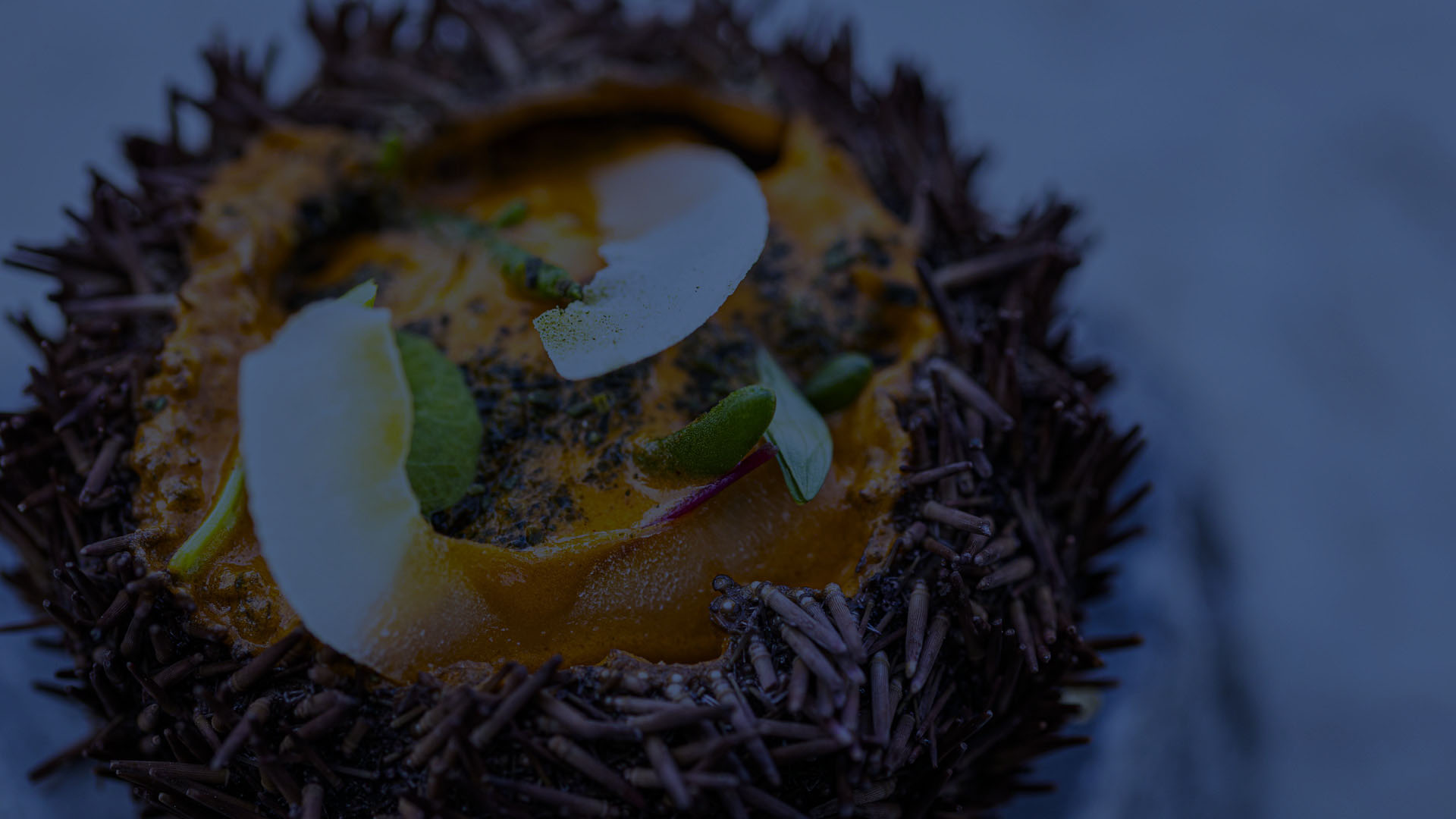
Interview: Chef Fábio Alves of SUBA Restaurant in Lisbon, Portugal
April 19, 2023

2022 Malta’s Tourism Recovery
April 15, 2023
A New (York) Look at Baking in Malta
April 20, 2023For me, Portuguese food is rich in diversity and undoubtedly one of the best cuisines in the world.
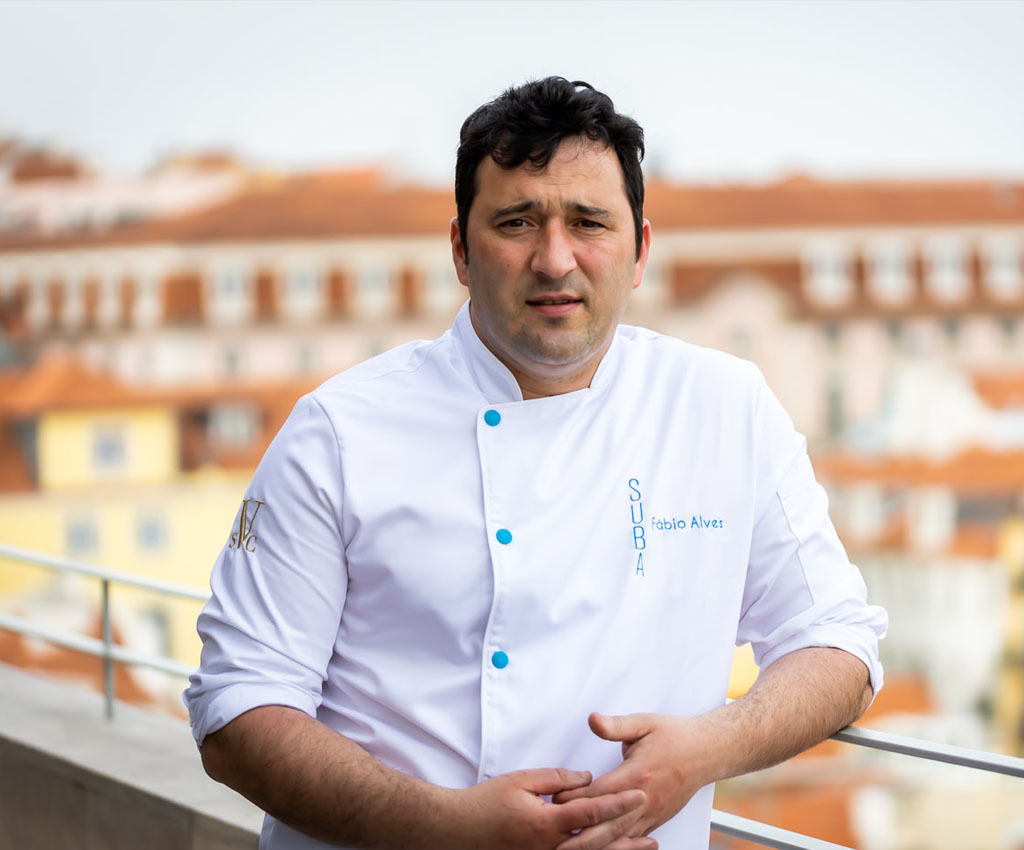
How did you get started in the culinary industry? What are your earliest memories connected to the art of cooking?
I started by taking a cooking course at 16 years old, in Chaves in the North of Portugal, where I come from. I began to gain a taste for it, from the first internship that was associated with the course. Since that day, I have never stopped and my ambition to become an Executive Chef began.
I had my first experience in Hotel Forte de S. Francisco in Chaves, as a cook and also went through several hotels in the position of Sub-Chef, such as the Vidago Palace, and holding, for the first time in my career, the position of Executive Chef at the SANA chain, where I also held the role of Deputy Chef. Currently I am the Executive Chef at SUBA Restaurant located in the Verride Palácio de Santa Catarina in Lisbon.
Fellowship is the word that I use to express what I am most passionate about in the kitchen, in addition to the art of serving well and constantly innovating our house dishes.
How would you describe the character and essence of Portuguese food, maybe even more specifically ‘the food of Lisbon’? Why are you so connected to this type of cuisine?
For me, Portuguese food is rich in diversity and undoubtedly one of the best cuisines in the world. I believe that it is characterized by zones and by what the Earth provides.
In the north of the country the cuisine is focused on game animals and strong, pronounced flavours, the centre of Portugal is rich in fresh produce taken directly from the land and in the south, as well as along the coast, fresh fish and seafood predominate. My menu features produce from the best parts of Portugal; fish from the coast, meat from the north and fresh vegetables from the centre.
I take pride in being from the Trás-os-Montes region, and I’m also proud to be Portuguese; a lover of history, who thinks that my appreciation of spices and the fusion of flavour can be seen in my interpretation and connection through my dishes.
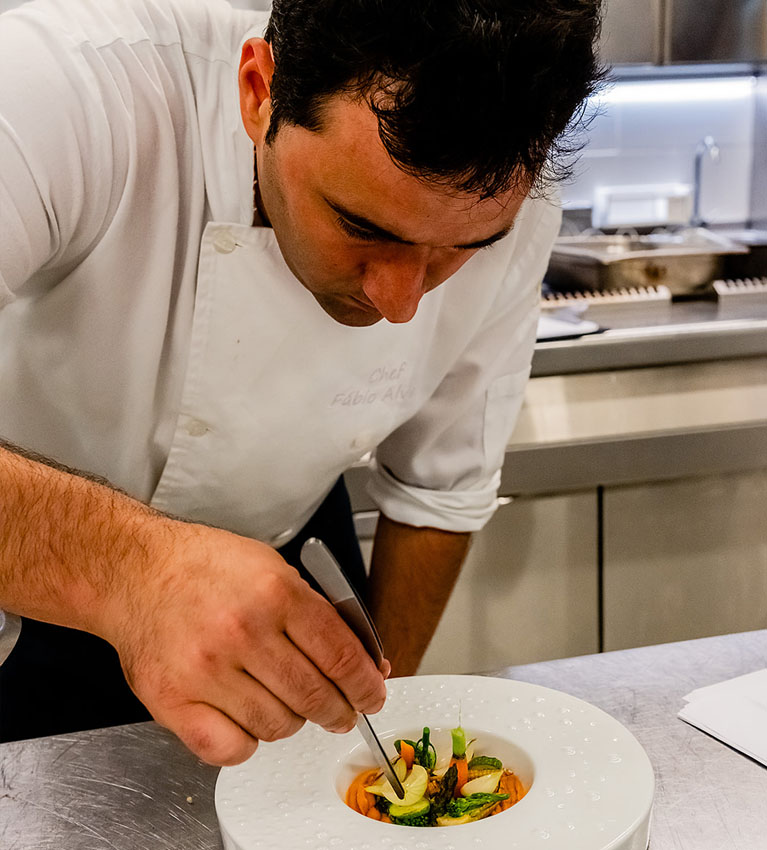
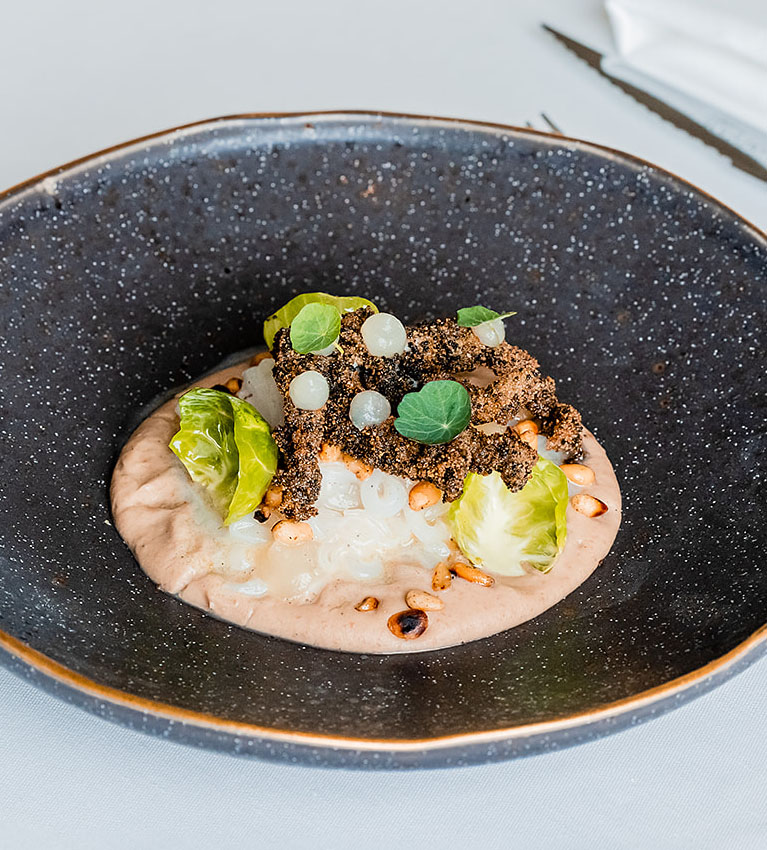
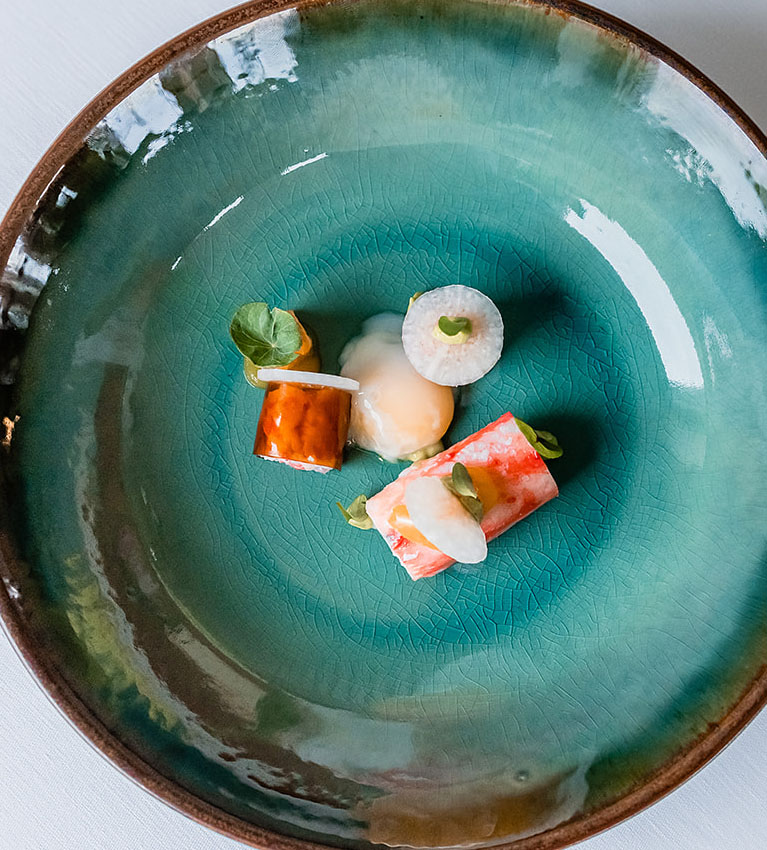
How does the food at SUBA ‘preserve authenticity’ while creating a ‘relationship between tradition and innovation’? What are SUBA’s main aims for Lisbon and globally?
There are so many diverse tastings on the SUBA menu, in terms of preserving authenticity. The relationship is created using typical Portuguese, traditional cuisine and giving it a contemporary and innovative touch in terms of presentation.
The main objectives for SUBA are, without a doubt, to be a reference at national level and that the SUBA name is known in every corner of the country.
How do you foresee the future of the restaurant industry? What changes are we going to need to make to keep the consumer market interested?
A positive future is foreseen for our industry as it is a primary market and will always exist. It is up to us restaurants to know how to keep the consumer's interest.
For this to happen, it is necessary to be in constant research, to innovate the dishes according to what we obtain in the investigation and to the type of customer that visits us, to change the dishes and fit them in the season of the year, to value the product with which we work and continue as one of the industries whose sustainability must be maintained.
Click here to see Horeca Issue 11 online



